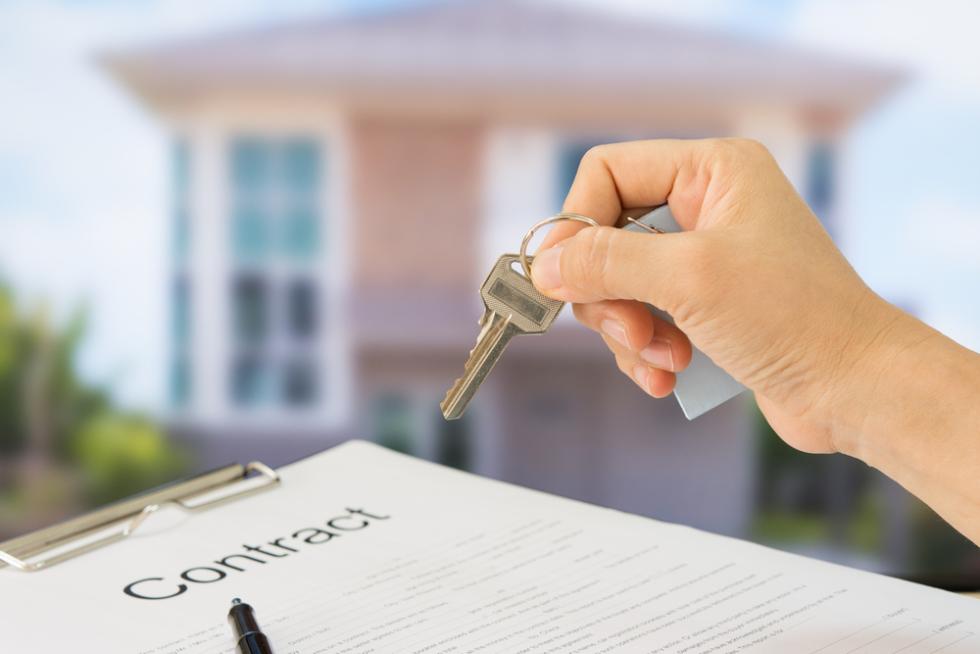What Are Some Common Legal Issues That Home Landlords Face?
As a home landlord, you have a responsibility to provide your tenants with a safe and habitable living space. However, you also have certain legal rights and responsibilities that you need to be aware of. Understanding these legal issues can help you avoid disputes with your tenants and protect yourself from liability.

Common Legal Issues Faced By Home Landlords
Some of the most common legal issues that home landlords face include:
Property Maintenance And Repairs
- Landlord's duty to maintain habitable premises: Landlords are required to maintain their properties in a habitable condition, which means that they must provide basic amenities such as heat, water, and electricity, as well as make repairs to the property as needed.
- Common maintenance issues: Some of the most common maintenance issues that landlords face include plumbing problems, electrical issues, pest control, and roof repairs.
- Landlord's liability for injuries caused by property defects: If a tenant is injured due to a defect in the property, the landlord may be held liable for the tenant's injuries.
Rent Collection And Evictions
- Importance of having a written lease agreement: A written lease agreement is essential for protecting both the landlord and the tenant. The lease should clearly spell out the terms of the tenancy, including the amount of rent, the length of the lease, and the landlord's and tenant's rights and responsibilities.
- Legal procedures for rent collection and eviction: If a tenant fails to pay rent, the landlord must follow specific legal procedures to collect the rent or evict the tenant.
- Landlord's rights and responsibilities during the eviction process: Landlords have certain rights and responsibilities during the eviction process, such as the right to enter the property to make repairs and the responsibility to provide the tenant with a reasonable amount of time to move out.
Security Deposits
- Purpose of security deposits: Security deposits are typically used to cover the cost of cleaning the property and repairing any damage caused by the tenant.
- Legal requirements for handling security deposits: Landlords are required to follow specific legal requirements for handling security deposits, such as providing the tenant with a written statement of the deposit and returning the deposit to the tenant within a certain amount of time after the tenancy ends.
- Disputes over security deposits: Disputes over security deposits are one of the most common legal issues that landlords face. These disputes can often be avoided by having a clear and concise lease agreement that outlines the landlord's and tenant's rights and responsibilities regarding the security deposit.
Landlord-Tenant Rights And Responsibilities
- Landlord's right to access the property: Landlords have the right to access the property to make repairs, show the property to prospective tenants, or for other legitimate purposes. However, landlords must give the tenant reasonable notice before entering the property.
- Tenant's right to privacy and quiet enjoyment: Tenants have the right to privacy and quiet enjoyment of their rental unit. Landlords cannot harass or disturb tenants or interfere with their right to use and enjoy the property.
- Landlord's duty to disclose property defects: Landlords are required to disclose any known defects in the property to prospective tenants. This includes defects that may affect the health or safety of the tenants.
Fair Housing Laws
- Overview of fair housing laws: Fair housing laws prohibit discrimination in housing based on race, color, religion, sex, national origin, disability, or familial status. These laws apply to both landlords and tenants.
- Landlord's obligations under fair housing laws: Landlords are required to comply with fair housing laws by not discriminating against tenants based on any of the protected characteristics. This means that landlords cannot refuse to rent to someone or evict someone based on their race, color, religion, sex, national origin, disability, or familial status.
- Consequences of violating fair housing laws: Violating fair housing laws can have serious consequences, including fines, jail time, and civil lawsuits.
Tips For Avoiding Legal Issues As A Home Landlord
There are a number of things that you can do to avoid legal issues as a home landlord, including:
- Screen tenants carefully: One of the best ways to avoid legal issues is to screen tenants carefully before renting to them. This includes checking their credit history, rental history, and criminal background.
- Create a comprehensive lease agreement: A comprehensive lease agreement is essential for protecting both the landlord and the tenant. The lease should clearly spell out the terms of the tenancy, including the amount of rent, the length of the lease, and the landlord's and tenant's rights and responsibilities.
- Maintain the property in good condition: Landlords are required to maintain their properties in a habitable condition. This means that they must provide basic amenities such as heat, water, and electricity, as well as make repairs to the property as needed.
- Handle rent collection and evictions properly: If a tenant fails to pay rent, the landlord must follow specific legal procedures to collect the rent or evict the tenant. Landlords should also be aware of their rights and responsibilities during the eviction process.
- Comply with fair housing laws: Landlords are required to comply with fair housing laws by not discriminating against tenants based on any of the protected characteristics. This means that landlords cannot refuse to rent to someone or evict someone based on their race, color, religion, sex, national origin, disability, or familial status.
Understanding the common legal issues that home landlords face can help you avoid disputes with your tenants and protect yourself from liability. By following the tips outlined in this article, you can help ensure that your landlord-tenant relationship is a positive and successful one.

YesNo

Leave a Reply